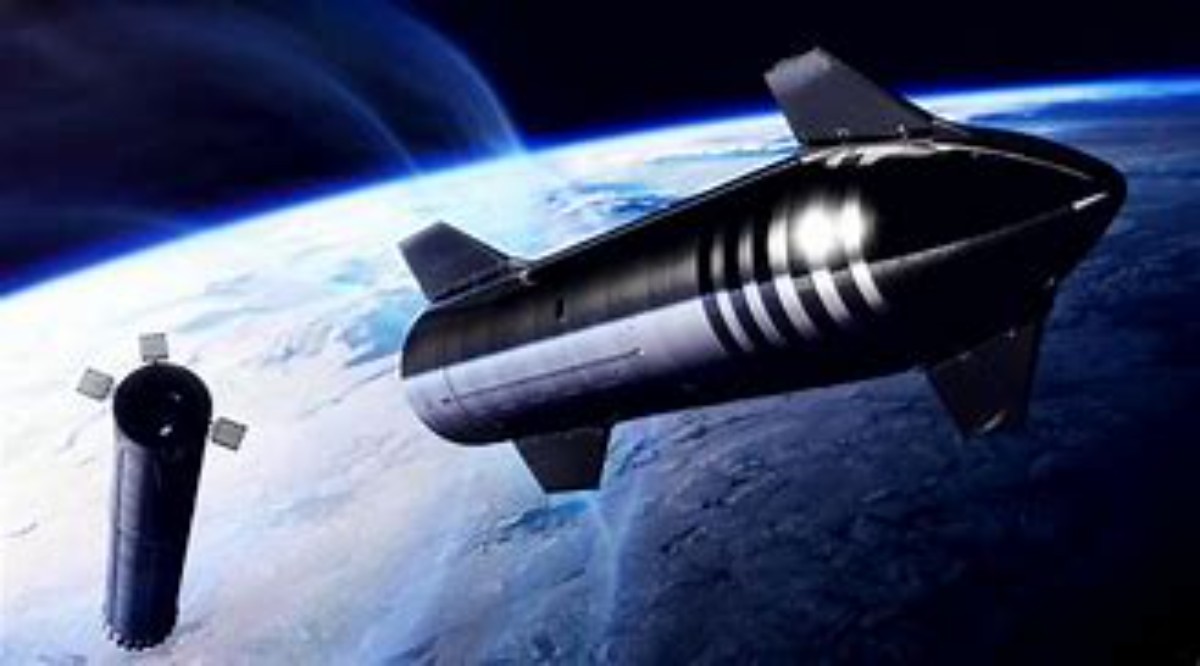Introduction
SpaceX, or Space Exploration Technologies Corp, has become synonymous with innovation in the aerospace industry. Founded in 2002 by entrepreneur Elon Musk, the company aims to revolutionize space travel, reduce costs, and eventually enable human colonization of Mars. With groundbreaking achievements like reusable rockets and private astronaut missions, SpaceX is redefining what’s possible in space exploration.
The Birth of SpaceX
SpaceX was founded with a bold mission: to make space travel more accessible and sustainable. Elon Musk envisioned a future where humans could become a multiplanetary species, and SpaceX was his vehicle to achieve that vision.
Early Challenges
The company faced significant hurdles in its early years. Its first three rocket launches failed, putting SpaceX on the brink of bankruptcy. However, perseverance paid off when the fourth launch of the Falcon 1 in 2008 successfully reached orbit, marking a turning point for the company.
Innovative Achievements
1. Reusable Rockets
SpaceX revolutionized the industry by developing reusable rockets, notably the Falcon 9. By landing and reusing boosters, the company dramatically reduced the cost of space launches.
2. Falcon Heavy
The Falcon Heavy, one of the most powerful rockets ever built, showcased SpaceX’s engineering prowess. It demonstrated the capability to launch heavy payloads into orbit, including a Tesla Roadster during its maiden flight in 2018.
3. Starship Program
The Starship rocket is SpaceX’s next-generation vehicle designed for deep space missions, including trips to the Moon and Mars. Its fully reusable design could make interplanetary travel a reality.
4. Dragon Spacecraft
The Dragon spacecraft was the first private vehicle to dock with the International Space Station (ISS). It has been pivotal in NASA’s Commercial Crew Program, carrying both cargo and astronauts.
Collaborations and Contracts
NASA Partnership
SpaceX has worked closely with NASA, winning contracts to deliver cargo and astronauts to the ISS. The Crew Dragon missions are a testament to the trust NASA places in SpaceX’s capabilities.
Starlink Project
SpaceX starship is also building a global satellite network called Starlink, aimed at providing high-speed internet to remote areas. With thousands of satellites already in orbit, Starlink is reshaping global connectivity.
SpaceX’s Vision for Mars
One of SpaceX starship ultimate goals is the colonization of Mars. Elon Musk has repeatedly emphasized the need to make life multiplanetary to ensure the survival of humanity. The Starship rocket, with its massive payload capacity and cost efficiency, is central to this vision.
Impact on the Aerospace Industry
SpaceX starship has disrupted the traditional aerospace industry, challenging legacy companies like Boeing and Lockheed Martin. Its ability to innovate rapidly and reduce costs has set a new standard, inspiring other private space ventures worldwide.
Conclusion
SpaceX has transformed space exploration from a government-dominated endeavor into a field where private companies can excel. With its reusable rockets, ambitious Mars plans, and pioneering projects like Starlink, SpaceX continues to push the boundaries of what humanity can achieve. It’s not just a company; it’s a movement toward a more accessible and sustainable space future.
FAQs
1. What is SpaceX known for?
SpaceX is known for its reusable rockets, such as the Falcon 9, and its ambitious goals of enabling space colonization and global connectivity through Starlink.
2. Who founded SpaceX?
SpaceX was founded by Elon Musk in 2002.
3. What is the Starship program?
The Starship program is SpaceX’s next-generation spacecraft designed for deep space exploration and potential Mars colonization.
4. How does SpaceX reduce launch costs?
SpaceX reduces costs by reusing rocket boosters and employing innovative engineering techniques.
5. What is Starlink?
Starlink is a satellite-based internet service by SpaceX, aiming to provide high-speed connectivity worldwide, especially in remote regions.
